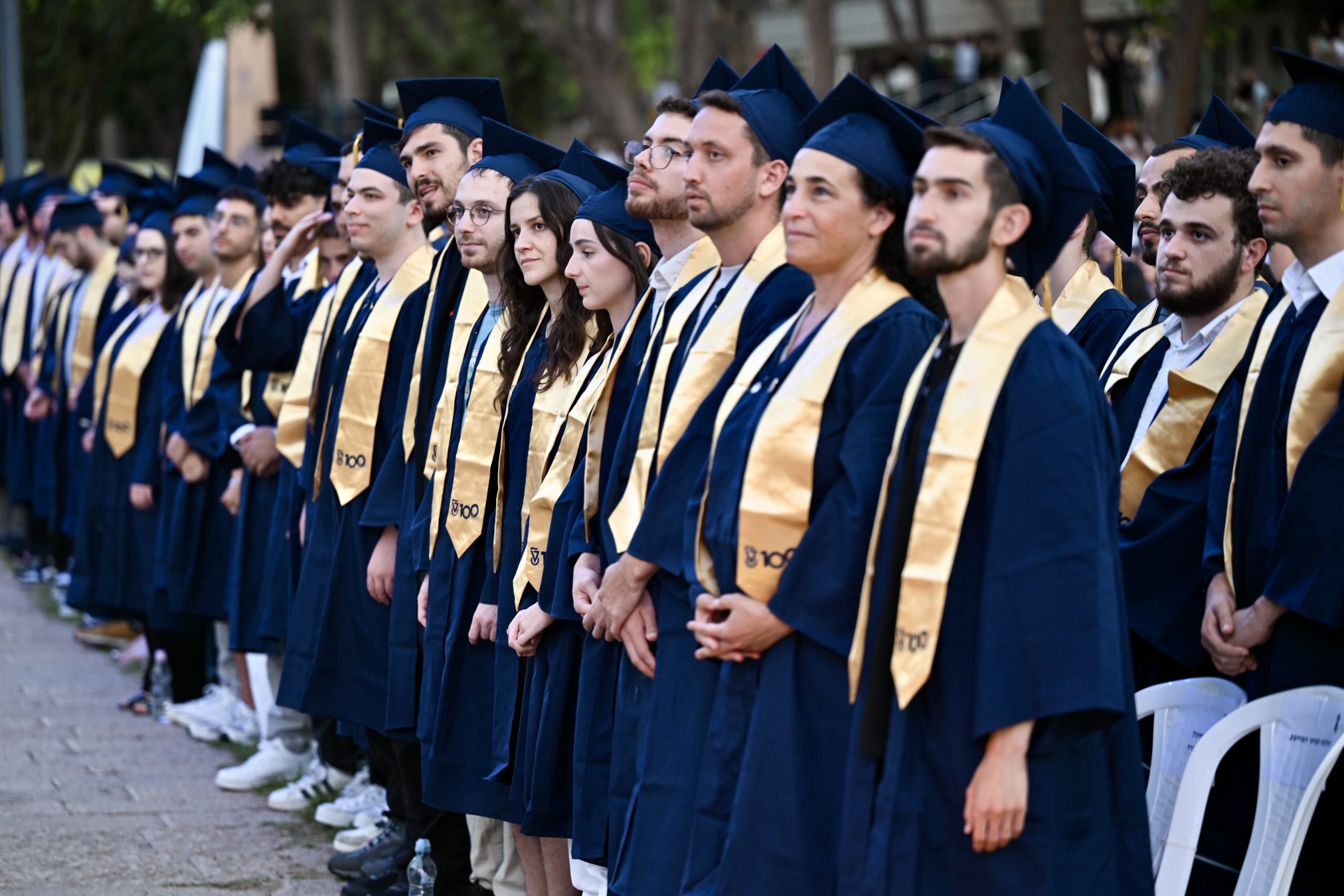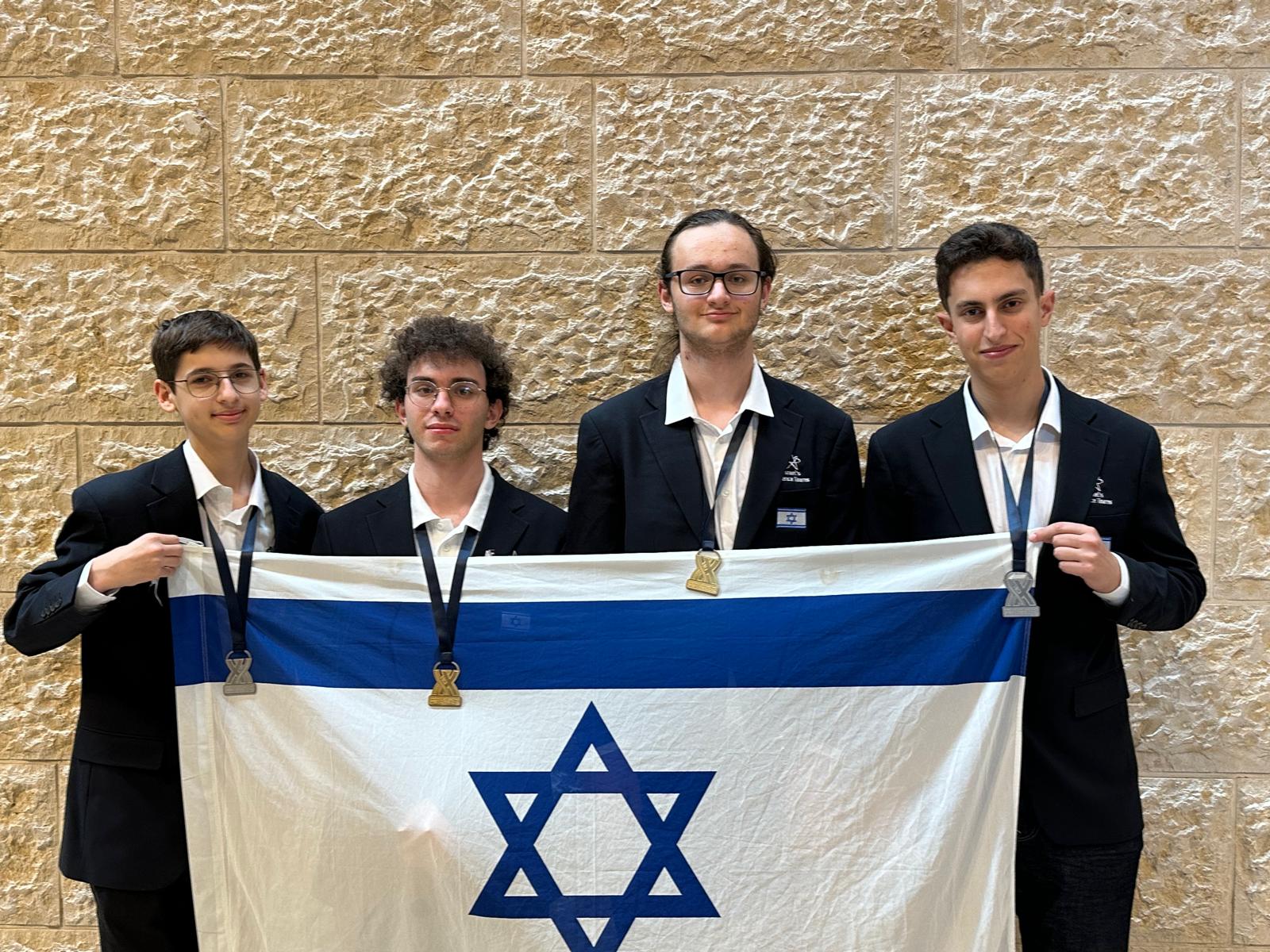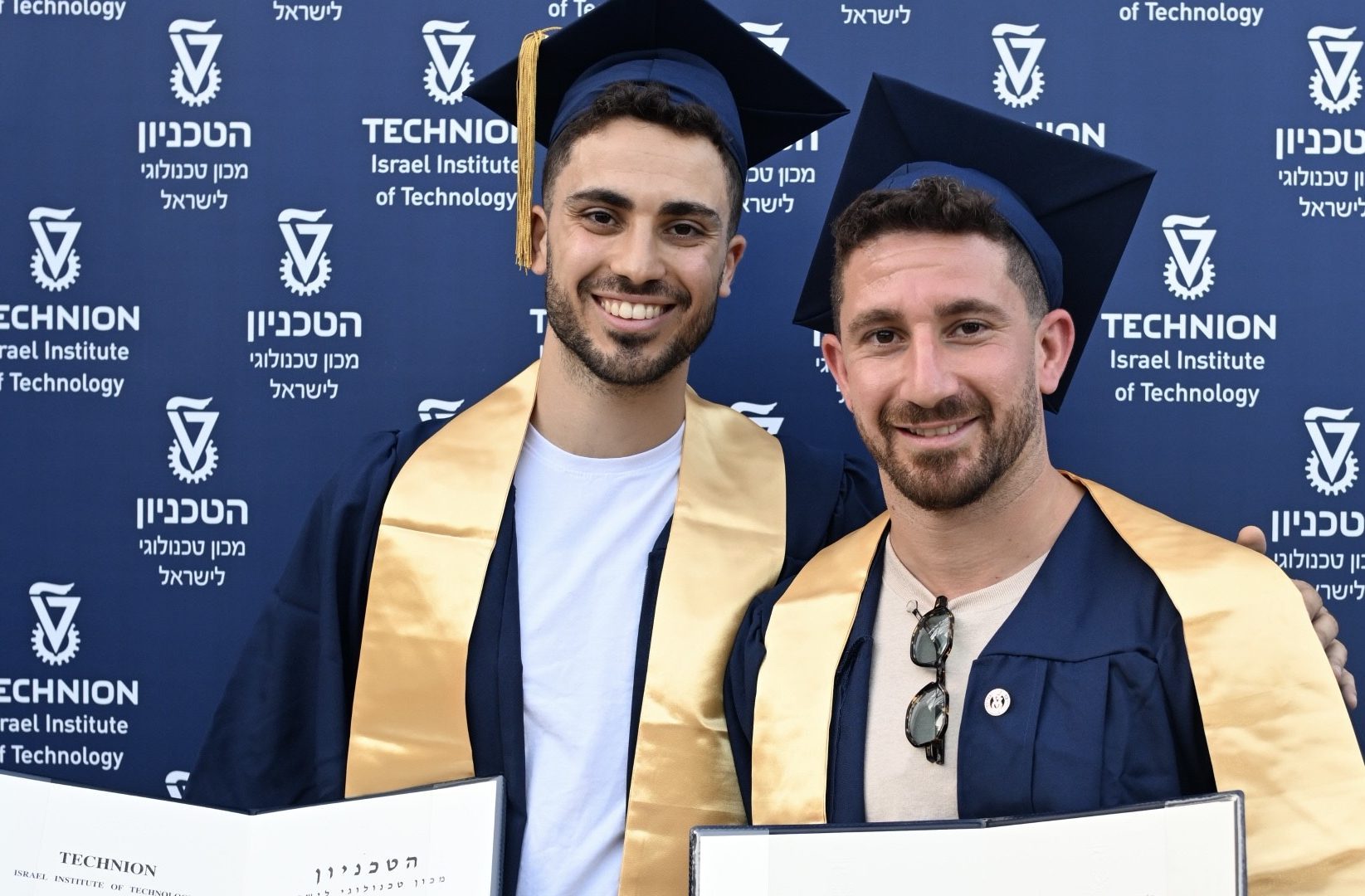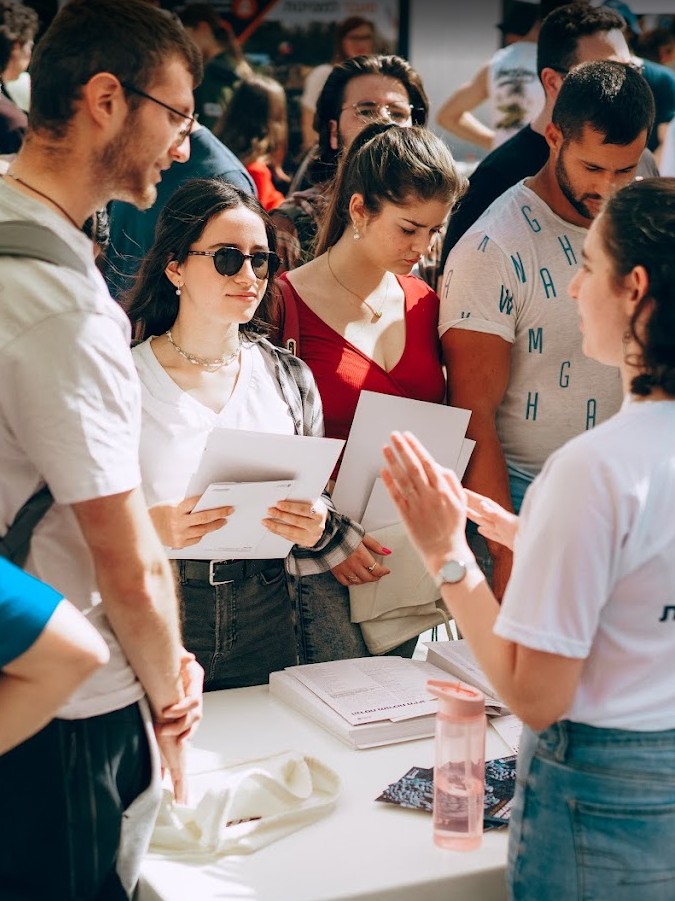1,904 בוגרים ובוגרות קיבלו השבוע תעודת "בוגר טכניון"
"התואר הזה אינו רק תעודה. הוא עדות לכך שעמדתם באתגרים, בחרתם נכון ולא ויתרתם"

"התואר הזה אינו רק תעודה. הוא עדות לכך שעמדתם באתגרים, בחרתם נכון ולא ויתרתם"

עם הישגים אדירים לנבחרת ישראל בכימיה שהוכשרה בטכניון

חוקרי הטכניון פרופ' מורן ברקוביץ ופרופ' נעמה גבע-זטורסקי זכו במענקי ERC PoC מטעם הנציבות האירופית למחקר (ERC).

התאומים אופק ושחף הר-אבן השלימו את התואר הראשון באותו מסלול בטכניון, כשבמקביל הם מקימים ומתפעלים עסק משפחתי, מתקבלים לחברת אפל ועושים 250 ימי מילואים כל אחד


תערוכת הצילום "טבע בקמפוס"
16.07.2025 רביעי, בשעה 09:00
הוספה ליומן

יום פתוח ב-ZOOM לפקולטה למדעי המחשב
17.07.2025 חמישי, בשעה 18:00
הוספה ליומן

"טכניון על הבר" - הרצאה אחרונה לשנת 2025
31.07.2025 חמישי, בשעה 20:00
הוספה ליומן

יום פתוח לפקולטות המדעיות בטכניון
06.08.2025 רביעי, בשעה 09:30
הוספה ליומן

תערוכת "מראות מקום"
01.06.2025 ראשון, בשעה 09:00
הוספה ליומן
100000
בוגרים
18
פקולטות
15000
סטודנטים
60
מרכזי מחקר
ברחבי הקמפוס